5 Broken Cameras
"5 Broken Cameras" is a film, shot almost entirely by a Palestinian farmer, Emad Burnat. Emad bought his first camera in 2005 to record the birth of his youngest son. He registers life in the Occupied Territories, following his family through five years of village turmoil. Emad watches from behind the lens as olive trees are bulldozed, protests intensify, and lives are lost, through a cycle of five cameras. Each camera gets destroyed in a violent incident.
This is an extraordinary work, a deeply personal, first-hand account of the Palestinian resistance in Bil'in, a West Bank village threatened by encroaching Israeli settlements.
The footage was later given to Israeli co-director Guy Davidi to edit. The film was nominated for "Best Documentary Feature" in the 2013 Academy Awards. (More in this LA Times article)
Update (Feb 22):
Emad Burnat travelled to the US with his wife and son to attend the Oscar's ceremony. He was held up by US immigration on the account of "not having the right invitation", he was eventually released.
Reminded me of my own horror story with US immigration.
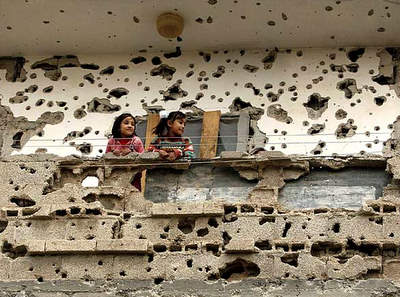

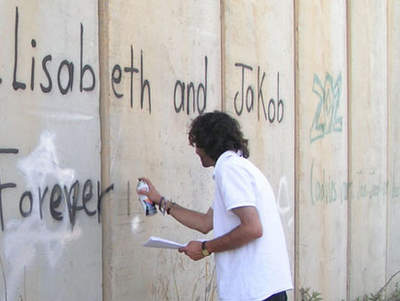
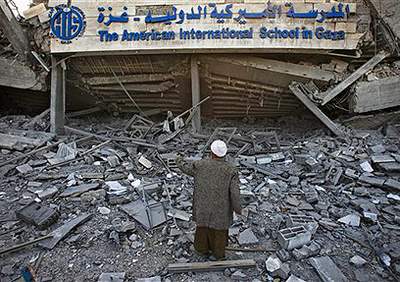
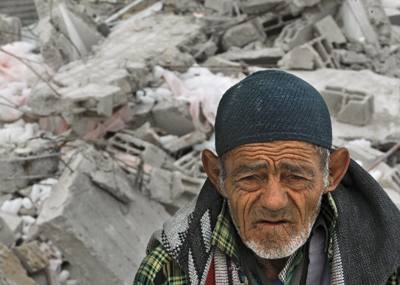
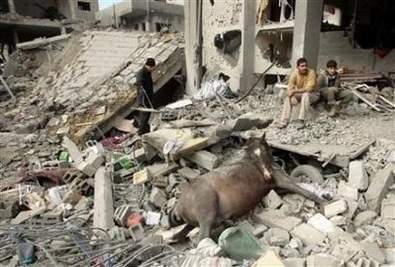
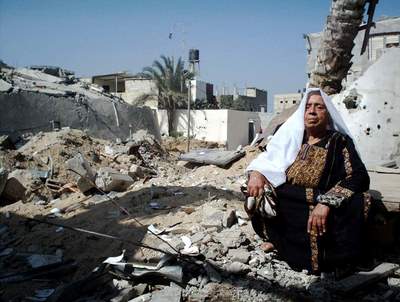
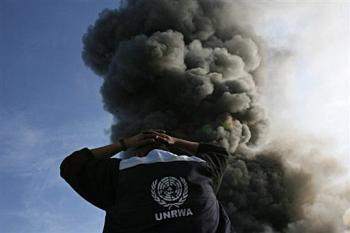
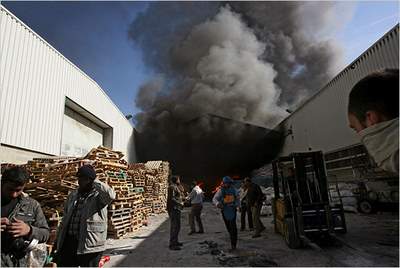
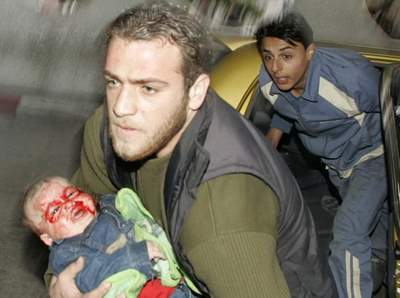
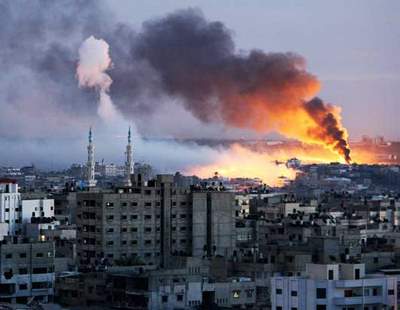
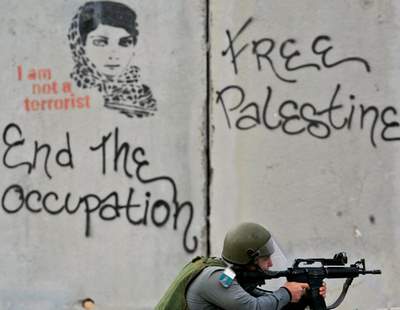
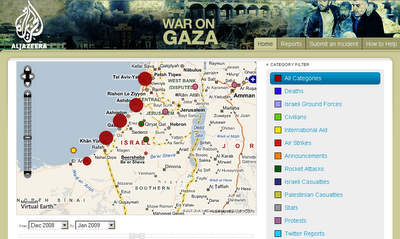
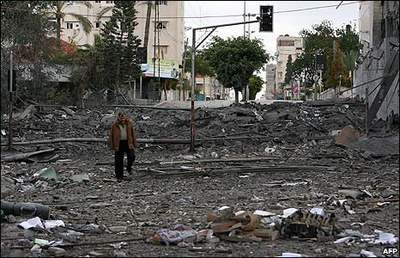
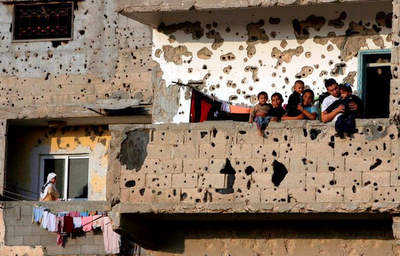
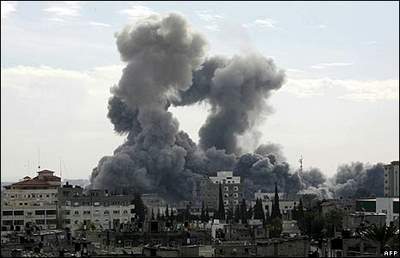
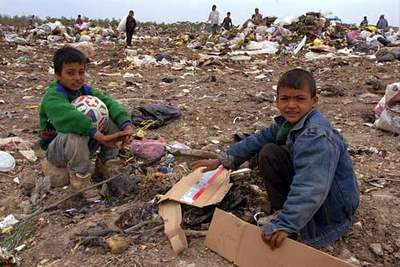
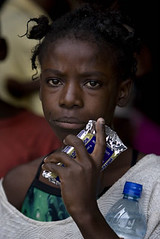
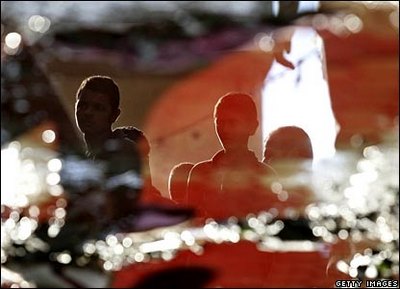
 Peter. Flemish, European, aid worker, expeditioner, sailor, traveller, husband, father, friend, nutcase. Not necessarily in that order.
Peter. Flemish, European, aid worker, expeditioner, sailor, traveller, husband, father, friend, nutcase. Not necessarily in that order.
The Road's Dashboard
Log in
New
Edit
Customize
Dashboard